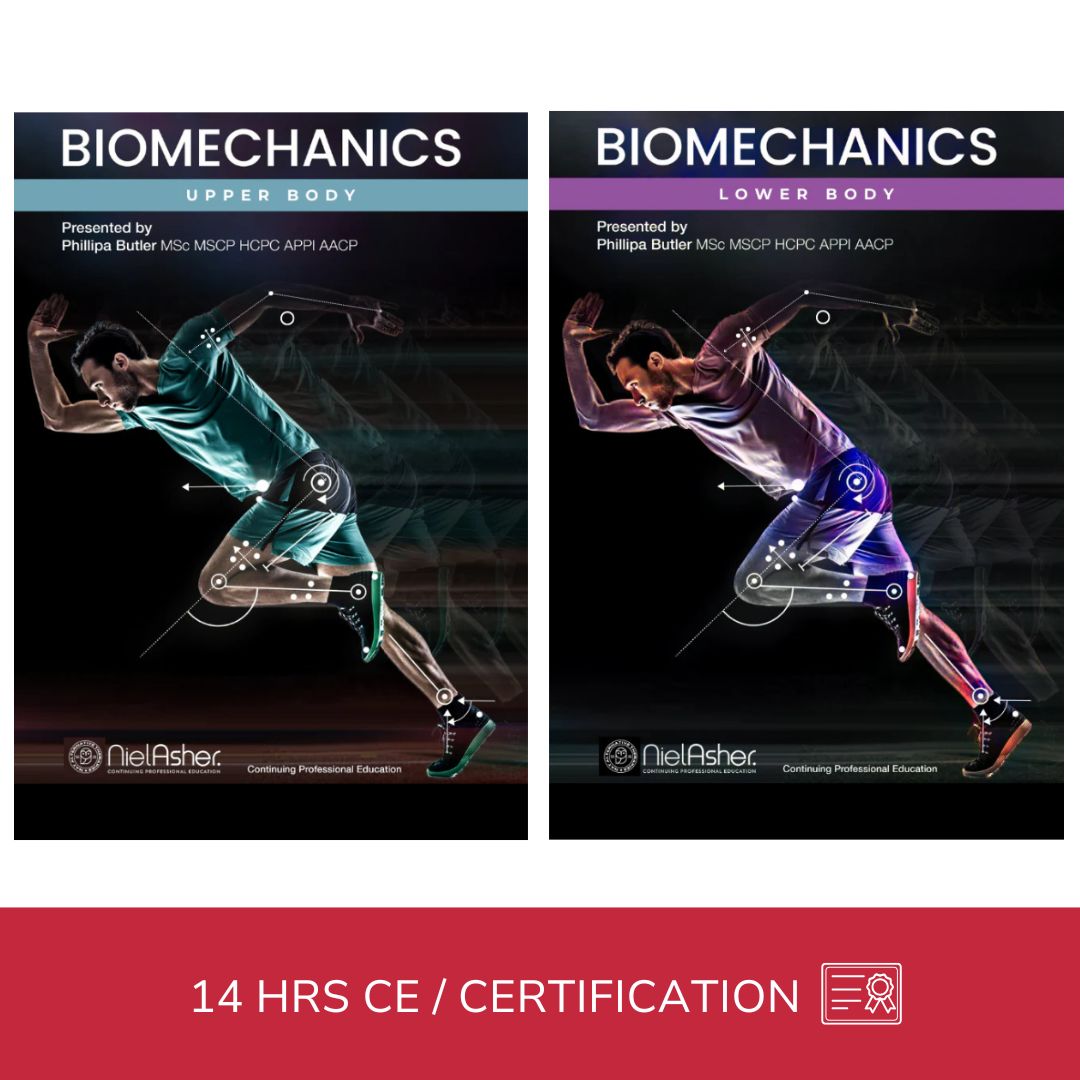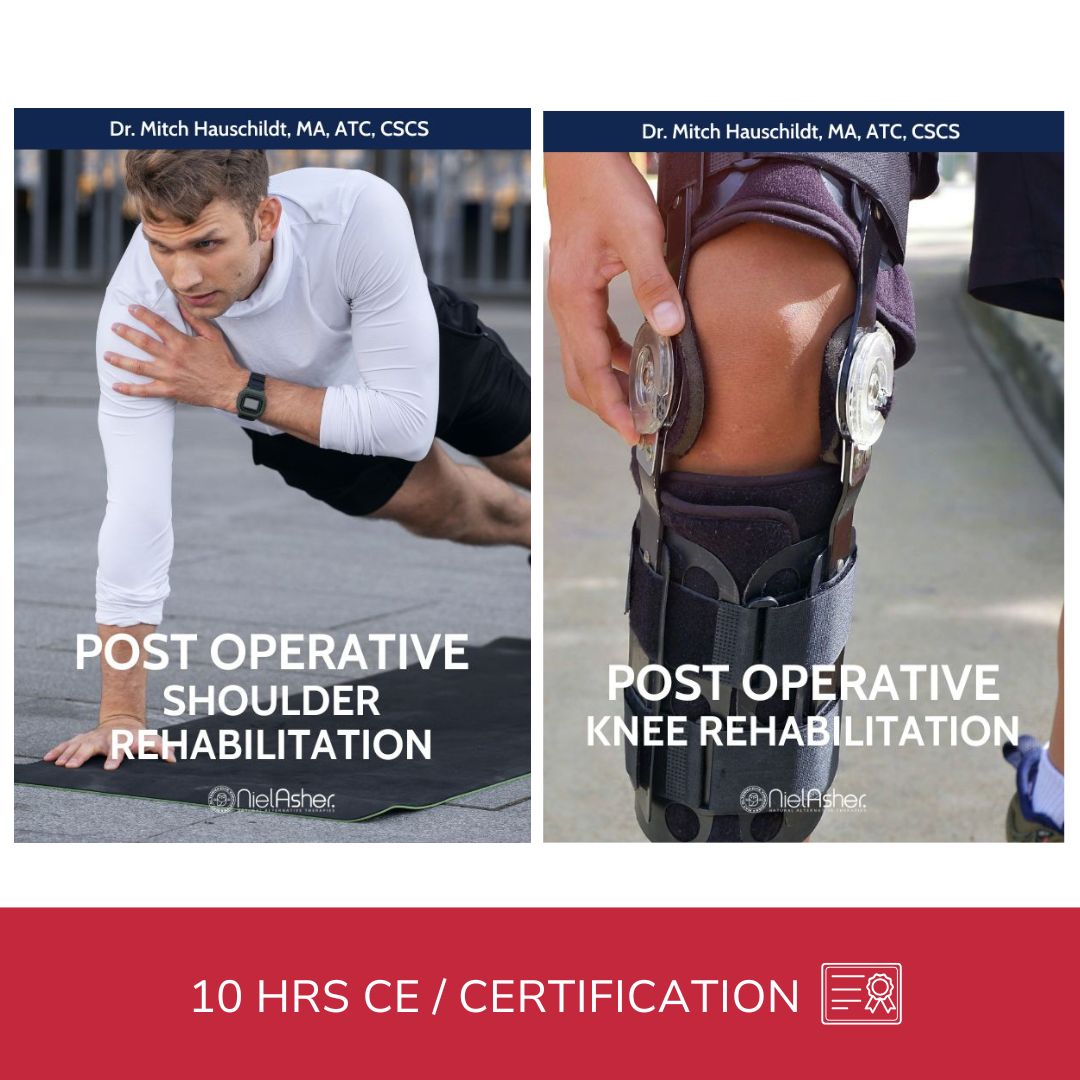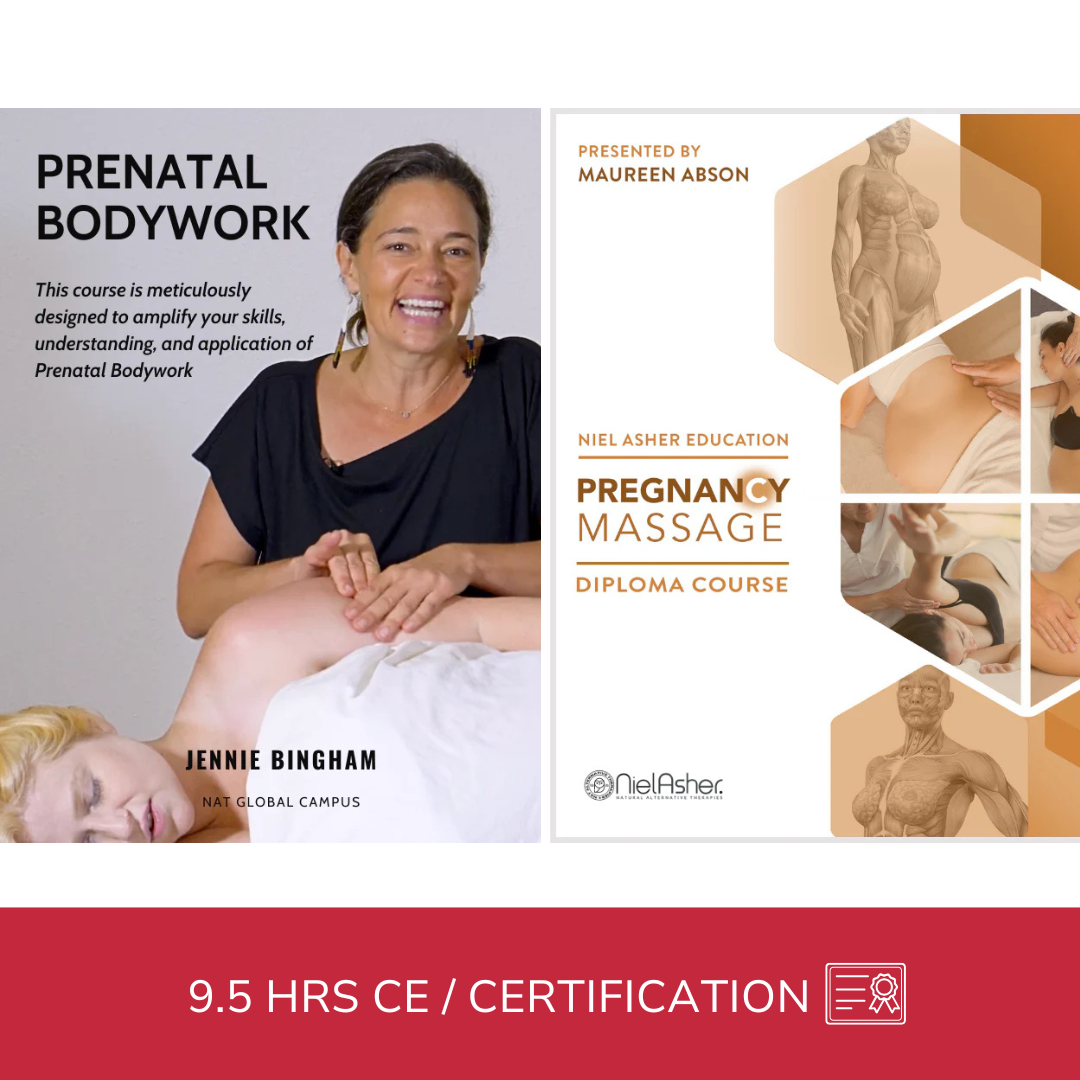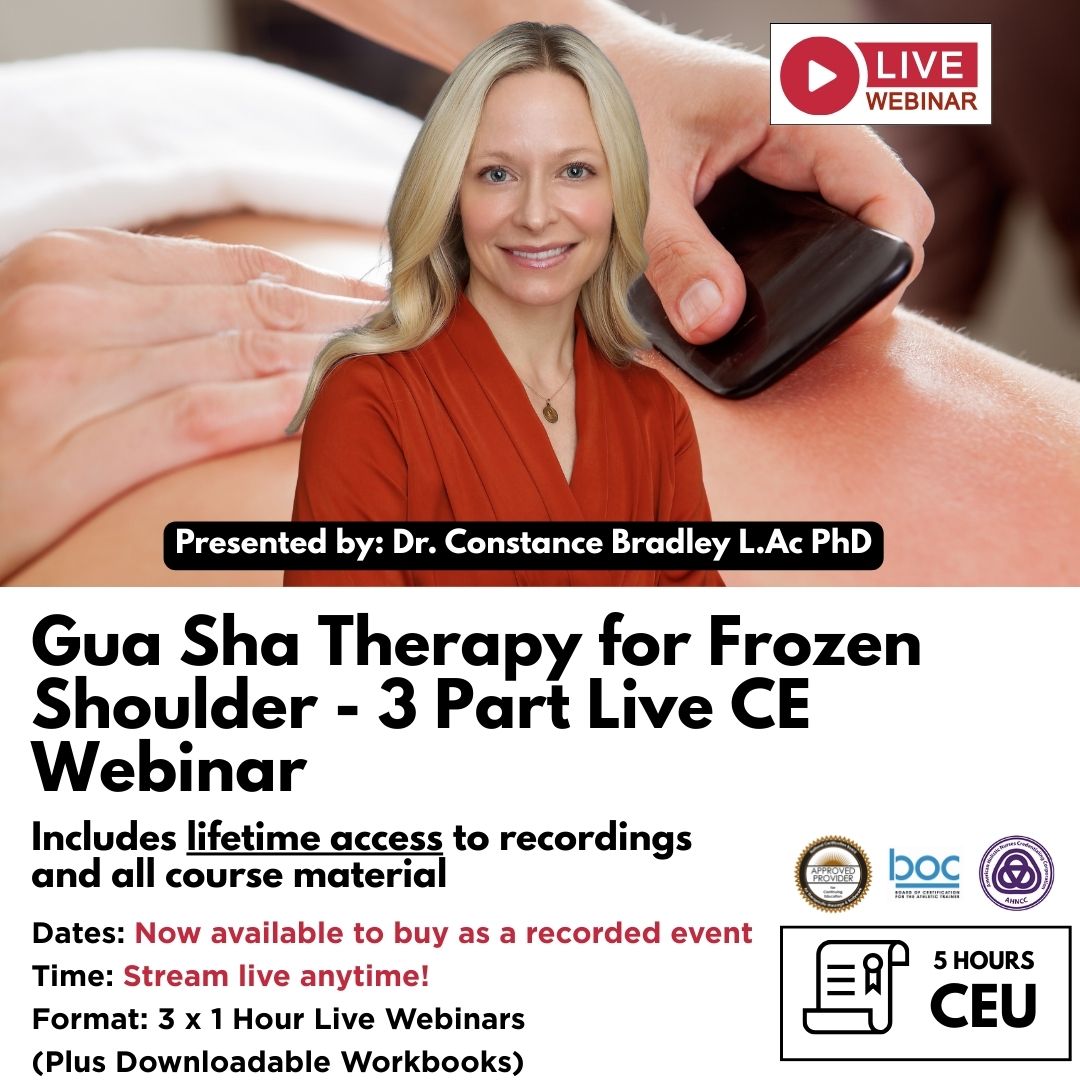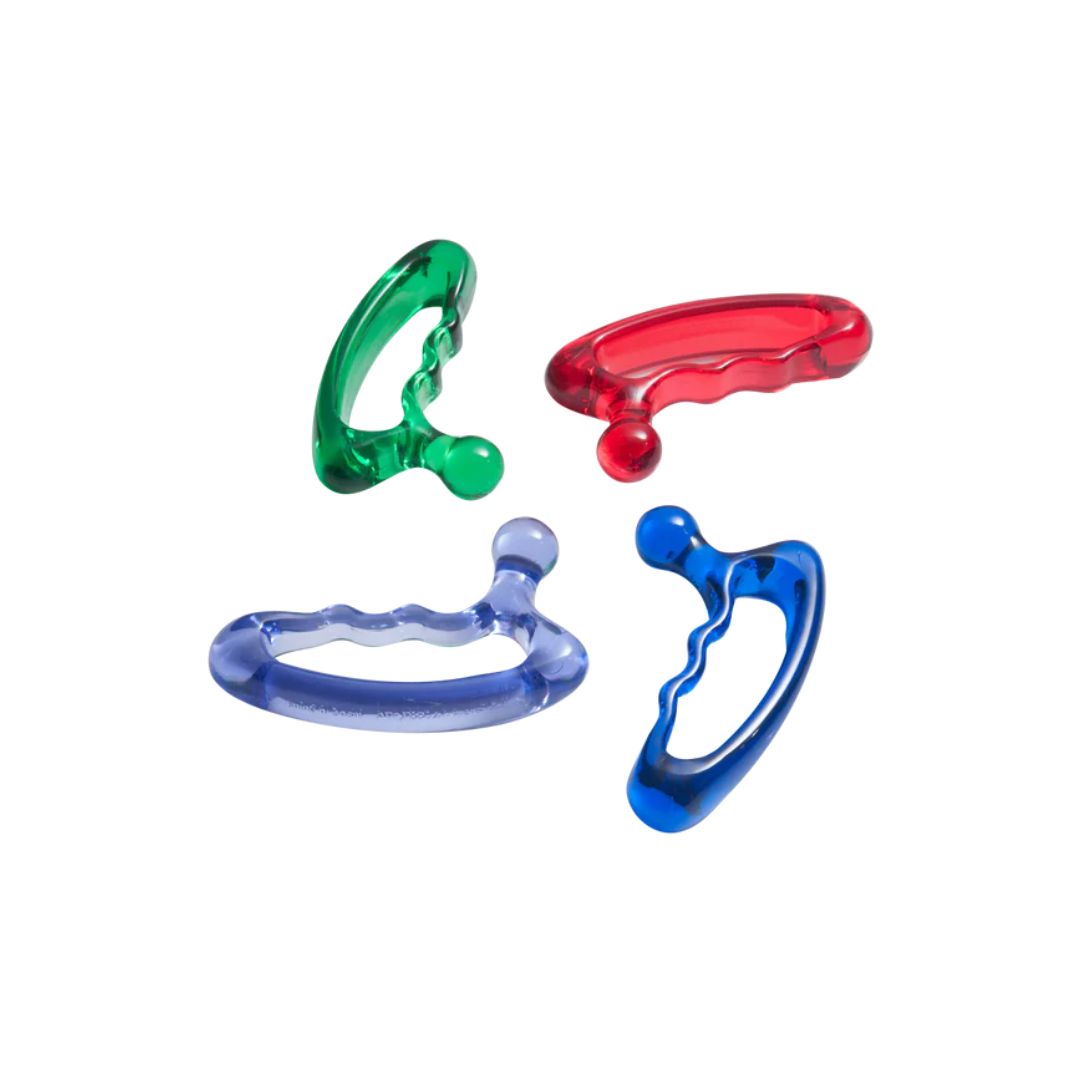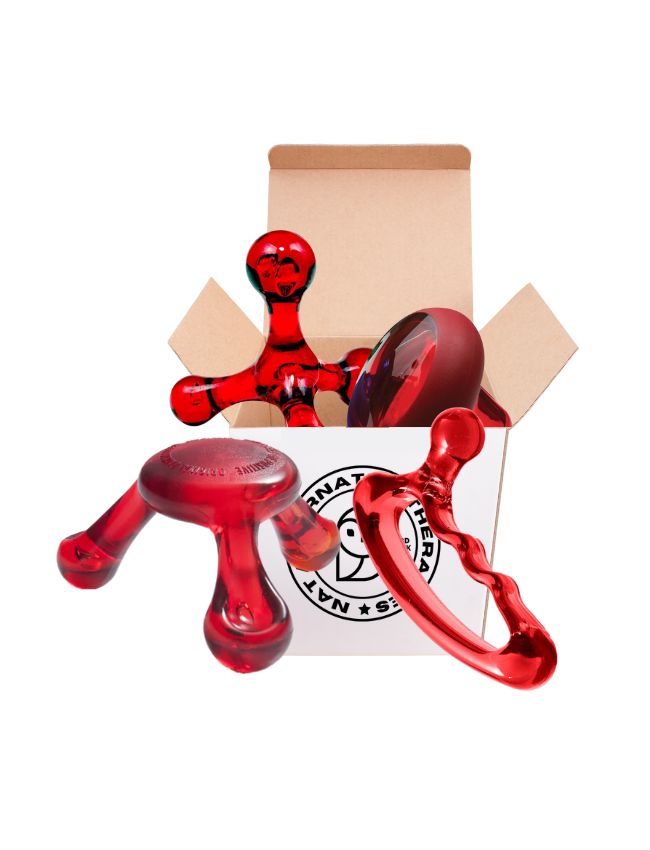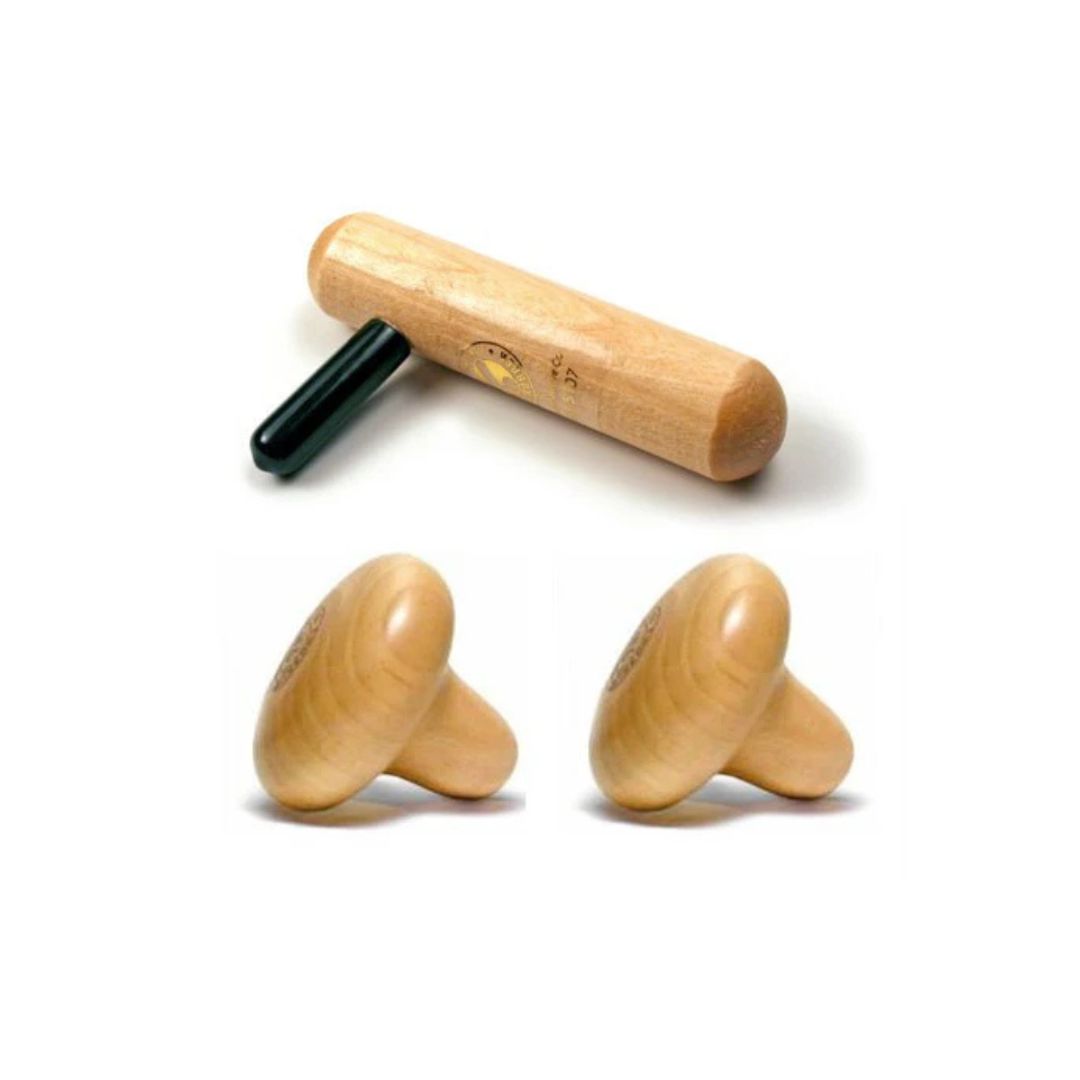Intercostal Muscles | Rib Pain | Back Pain | Chest Pain

Intercostal Muscles
The intercostal muscles provide about 25% of the total force of breathing, and may help stabilize the chest wall
The intercostals are three layers of muscles that pass between the ribs. Each external outer layer intercostal attaches to the lower border of one rib, and, on a diagonal line, to the upper border of the rib below.
The lowest intercostals merge with the external oblique muscles. The internal intercostals connect each rib from the cartilage to the upper border of the rib below it. There is also a deeper, innermost intercostal layer.
The intercostal nerve runs between it and the more superficial internal intercostal, and trigger points in the areas along the nerve can entrap that nerve.
The intercostals draw the central tendon of the diaphragm downward during respiration. The health of these muscles can profoundly alter the acid/ base balance of the body. Shortening of the intercostals affects the kinetic front chain along the lateral line.
Trigger Points
Intercostal trigger points cause pain locally and restrict the thoracic rotation of the spine.
These trigger points may result in a significantly reduced lung volume, which may first become noticeable during exercise, leading to a mistaken diagnosis of exercise-induced asthma.
Suddenly, jogging is not an option, because these trigger points can feel as if there is a spear sticking into the ribs when you try to jog.
The combination of chest pain and reduced vital capacity can be critical for those who have coexisting breathing impairments such as COPD or emphysema.
Any sort of forced respiration such as coughing or sneezing may be extremely painful. A cardiac arrhythmia may result from trigger points in the right-side intercostals.
Depending on their location, intercostal trigger points may interfere with the ability to tolerate a bra. The bra that fits comfortably in the morning may be unbearable an hour later.
Women’s wardrobe changes may include tops with strategically placed opaque pockets. Anything that puts pressure on these trigger points, including lying on them, may be intolerable.
Intercostal trigger points under the right breast in right-handers and left breast in left-handers may cause the muscle to tighten in a visible clump. This may occur during prolonged computer work, or may happen suddenly when you bend over to tie a shoe.
Untreated intercostal trigger points can lead to subscapularis trigger points and frozen shoulder symptoms.
Intercostal trigger points may be described as “painful rib syndrome” (Hughes 1998), “chest wall pain,” postherpetic pain (Weiner and Schmader 2006), “abdominal intercostal neuralgia,” or mistakenly diagnosed as costochondritis.
Even more posteriorly located intercostal trigger points tend to refer pain towards the front of the chest, and the referral pattern may overlap several ribs.
If you locate one trigger point, check for others. The presence of these and trigger points in other areas may become apparent when a patient is put on CPAP or other respiratory assistance.
In such cases the chest cavity is finally expanding to its intended volume, and those muscles are being stretched, perhaps for the first time in a long while.
The resulting temporary pain can be frightening unless the reason for it is understood and expected.

Common Perpetuating Factors
Common perpetuating factors include paradoxical breathing, head-forward posture, diaphragm trigger points, constricting clothing, chronic cough, inhalant allergies, lower respiratory infections, vomiting, coughing, sneezing, leaning over a workstation such as a computer desk, and coexisting chest and abdominal illness.
Chest surgery may initiate these trigger points, as may local blunt-force trauma such as a steering wheel impact.
These trigger points can crop up following a herpes zoster attack, rib fracture, breast implant surgery, or secondary to tumors.
Treatment and Trigger Point Release
These trigger points respond well to gentle compression techniques, but perpetuating factors must be kept under control.
The intercostal muscle tension that resembles a spasm may be prevented by attention to posture and other perpetuating factors.
Intercostal trigger points are sometimes accompanied by trigger points in the abdominal muscles. Whenever these trigger points respond poorly to treatment, look for perpetuating factors. Get them all.

EDUCATION MEMBERSHIP PLANS
UNLIMITED ACCESS
FROM $19.95/monthly
About Niel Asher Education
Niel Asher Education (NAT Global Campus) is a globally recognised provider of high-quality professional learning for hands-on health and movement practitioners. Through an extensive catalogue of expert-led online courses, NAT delivers continuing education for massage therapists, supporting both newly qualified and highly experienced professionals with practical, clinically relevant training designed for real-world practice.
Beyond massage therapy, Niel Asher Education offers comprehensive continuing education for physical therapists, continuing education for athletic trainers, continuing education for chiropractors, and continuing education for rehabilitation professionals working across a wide range of clinical, sports, and wellness environments. Courses span manual therapy, movement, rehabilitation, pain management, integrative therapies, and practitioner self-care, with content presented by respected educators and clinicians from around the world.
Known for its high production values and practitioner-focused approach, Niel Asher Education emphasises clarity, practical application, and professional integrity. Its online learning model allows practitioners to study at their own pace while earning recognised certificates and maintaining ongoing professional development requirements, making continuing education accessible regardless of location or schedule.
Through partnerships with leading educational platforms and organisations worldwide, Niel Asher Education continues to expand access to trusted, high-quality continuing education for massage therapists, continuing education for physical therapists, continuing education for athletic trainers, continuing education for chiropractors, and continuing education for rehabilitation professionals, supporting lifelong learning and professional excellence across the global therapy community.
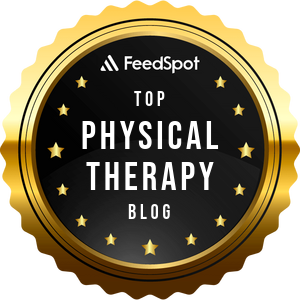
Continuing Professional Education
Looking for Massage Therapy CEUs, PT and ATC continuing education, chiropractic CE, or advanced manual therapy training? Explore our evidence-based online courses designed for hands-on professionals.

